I wonder what one word would describe how you feel as 2020 comes to an end? Relieved? Ready? Stuck? Hopeless? Disoriented?
In a year that has moved excruciatingly slow, made incredible demands on us physically, mentally and emotionally, and left most of us confused about which direction is up, I want you to remember this:
In all the loss, you haven’t lost your calling.
You matter. Your story, your gifts and passions, your unique way of seeing and experiencing the world. It all matters.
Maybe we should take a step back and clarify what I mean when I say “calling.” Calling comes from the Latin word vocatio. Look familiar? A lot like vocation? Well, it is. Vocation and calling are technically interchangeable. However, in our culture and context the word vocation has been co-opted and has come to mean “job.” Like the thing you do – that role you play for most hours of the day and typically get paid for.
But this is limiting.
Your calling isn’t contained in a job “out there.” To say, “I am called to be an attorney” - in my opinion – is incorrect and limiting. When you retire (if you retire) do you lose your calling? What if you become ill, or are laid off?
Calling is much deeper and broader than this. It gets at the very essence of who we were created to be, and how we each uniquely make our way through the world. It’s connected to our unique design: the million little things that make me, me and you, you. It’s the kind of stuff that shows up in any and every role we play, regardless of if it would technically be considered our “job.” At its most basic, it is found at the intersection of our Core Talents (the things that come most naturally to us) and our Heart Passions (the things we care most deeply about). We were made for opportunities that invite us to use our Core Talents for the purpose of our Heart Passions.
Now, the kind of work we pursue certainly matters. Stewardship of my calling will always look like finding opportunities that align with my unique offerings – that ask something of me that is mine to give. So, it may turn out that my calling will align with being an attorney…and probably several other possibilities as well.
The distinction I want to make here is this: you don’t go out and find your calling. Calling isn’t located in a specific job. Calling is inherent in who you uniquely are. You bring your calling into a job (or other setting) and it fits because the two align, or it doesn’t fit because they misalign.
The Latin word vocatio literally means a call, summons, or invitation. This implies a listening on our part. How do we listen for the voice of vocation? How do we discern calling?
We must learn to listen to our lives.
As Parker Palmer says, “Before I can tell my life what I want to do with it, I must listen to my life telling me who I am.”
I must listen to my life. I must pay attention to my unique story. I must have the courage to face and name my own greatness, and my own limitations. And here is where the potential gift of 2020 really comes in….
This last year has likely felt exposing for many of us. We have hit walls. We have pushed up against our limits. We are burnt out. Which is why, we are SO READY to move on.
It makes sense. But, let’s not miss the opportunity to listen to our lives by listening to what our limitations are telling us. Parker Palmer brilliantly points out that while we tend to think of burnout as a sign of doing too much, it can also be the result of trying to give out of what we do not possess. We say yes to things we should say no to.
When we experience our limits we are being clued into our “no’s.” Our “no’s” then clarify our “yes’s.” In order to know who we are, we must know who we aren’t.
Don’t be afraid of what this past year may reveal about you. You haven’t lost yourself…in fact, chances are you’re even closer to actually identifying the real you.
And so, here’s to listening to what our lives have told us in 2020, and living faithful to our true selves in 2021!
